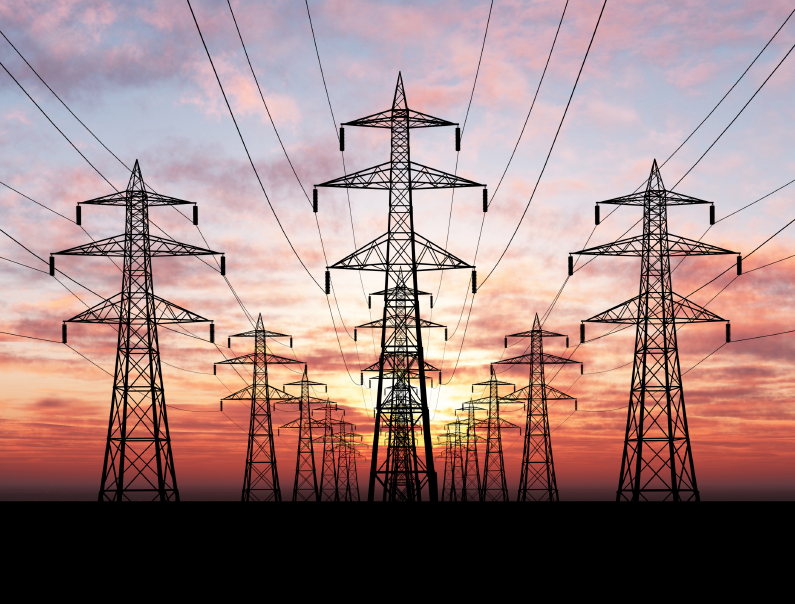Analysts predict ‘cybergeddon’ would follow prolonged power outage following hack attack
12/09/2015 / By usafeaturesmedia

(Cyberwar.news) In July 1977, a pair of lightning strikes took out the power grid feeding most of New York City, lasting more than 24 hours. Nearly all neighborhoods of the city were affected. As the darkened city sweltered in the heat, the Big Apple was besieged with looting, arson and other acts of vandalism and violence.
In the end, 550 police officers were injured, 4,500 looters were arrested, 35 blocks of Broadway were destroyed, 134 stores looted with 45 set afire, and there was untold millions in damage done – over a short period of time.
“We’ve seen our citizens subjected to violence, vandalism, theft and discomfort. The Blackout has threatened our safety and has seriously impacted our economy. We’ve been needlessly subjected to a night of terror in many communities that have been wantonly looted and burned. The costs when finally tallied will be enormous,” said Mayor Abe Beame at the time.
Now, what would happen if this kind of outage were more widespread, and lasted for days or weeks – or even months? What would happen to our cities?
They would likely disintegrate, falling victim to the same kind of anarchy that took place in New York City that Summer of 1977, says TV newsman Ted Koppel in his new book, Lights Out: A Cyberattack, A Nation Unpreppared, Surviving the Aftermath. Per a description of the book’s contents:
Imagine a blackout lasting not days, but weeks or months. Tens of millions of people over several states are affected. For those without access to a generator, there is no running water, no sewage, no refrigeration or light. Food and medical supplies are dwindling. Devices we rely on have gone dark. Banks no longer function, looting is widespread, and law and order are being tested as never before.
It isn’t just a scenario. A well-designed attack on just one of the nation’s three electric power grids could cripple much of our infrastructure—and in the age of cyberwarfare, a laptop has become the only necessary weapon.
Now, that being said, threats have been overstated before, warns InHomelandSecurity:
Cybergeddon may not be inevitable. There’s a long history of false alarmism. In the 1950s, people feared thermonuclear war. At the turn of the century, the Y2K computer bug allegedly threatened havoc. After 9/11, there were widespread warnings of terrorism using chemical or biological agents, as well as a “dirty” nuclear bomb. More recently there was an Ebola scare. As yet, none of these predicted calamities has occurred.
Military officials told Koppel that while U.S. cyber defenses may not be fully developed, the Pentagon’s ability to actually launch cyber attacks against the infrastructures of our most likely adversaries – Russia and China – is unrivaled. And while both of those nations have most likely penetrated our electrical grid and other critical systems that are electronically controlled, they would hesitate to launch a cyberattack first out of fear of U.S. reprisal, which would no doubt be severe.
Still, Koppel notes in his book that a number of high-ranking U.S. officials share similar concerns about the vulnerability of the power grid in particular and the likely chaos that would follow any mid- to long-term outages. For example, he notes that former Homeland Security Secretary Janet Napolitano says there is an “80 to 90 percent” likelihood an adversary would attack the nation’s power grid. And he cites George Cotter, a former chief scientist at the National Security Agency, who has repeatedly contended that the grid is dangerously porous to hostile intrusions.
Power grid operators caution that they are resilient and not as easy to take down as one might imagine. But Koppel’s research makes it clear that the potential is there. What’s more, Americans have witnessed the breakdown in societal order on a number of occasions in recent years – social unrest caused by a number of factors – so they know that a major event like widespread loss of power would trigger similar responses.
“[W]e should not assume that the self-restraint of major countries will keep us safe,” InHomelandSecurity notes. “We’re also vulnerable to rogue states (think North Korea or Iran) and groups of terrorists and anarchists. The Internet empowers the weak: The thought of an Islamic State hacker probing for openings in European and U.S. networks is chilling.”
- Have you ‘liked’ Cyberwar.news on Facebook? Click here
See also:
Tagged Under: cyberattack, EMP attack, hackers, infrastructure, power grid




















